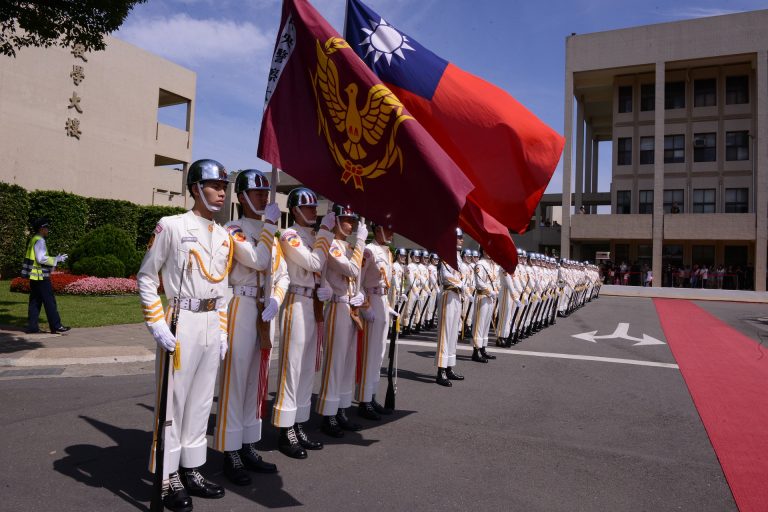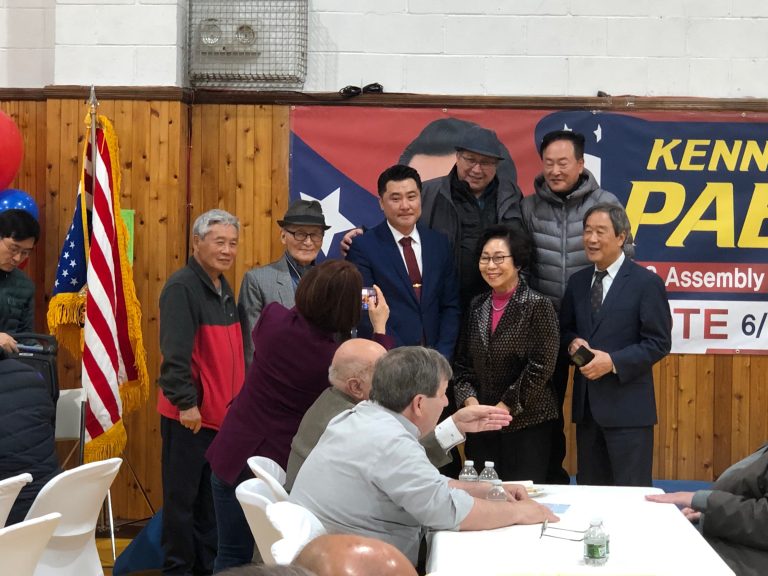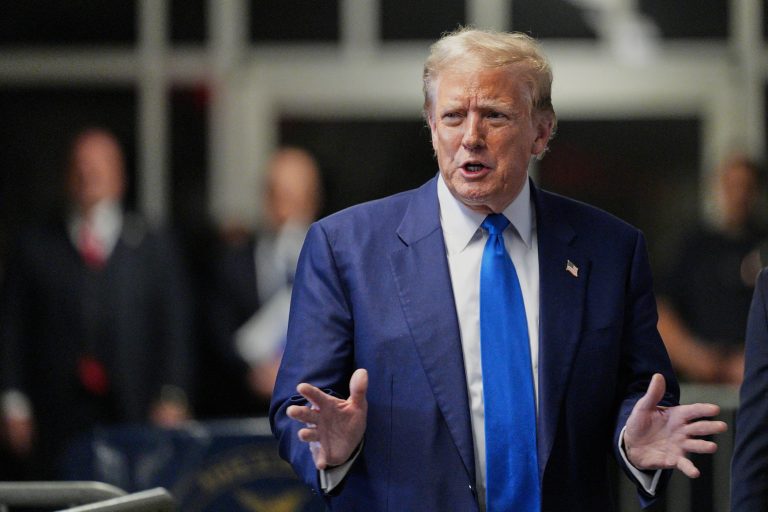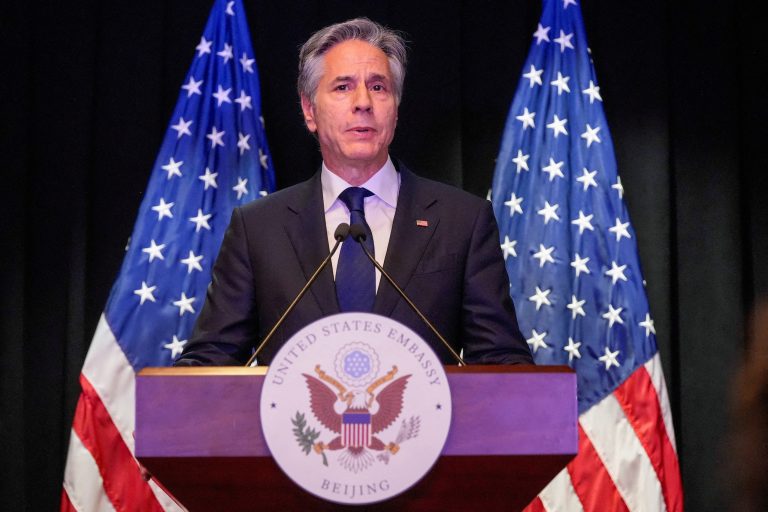The White House COVID-19 Response Team recently posted a tweet that detailed America’s vaccine donations globally, including those sent to Taiwan. One of the tweets features Taiwan’s flag, which had attracted controversy. Taiwan President Tsai Ing-wen retweeted it, thanking Washington for its generosity and stating that they would beat the pandemic together. However, the response team’s tweet was soon taken down, which communist Chinese media has celebrated.
In a July 8 press briefing, White House press secretary Jen Psaki called the posting of the Taiwanese flag through the government account an error.
“This was an honest mistake that was made by the team handling graphics and social media, and should not in any way be viewed as a shift in official U.S. policy. When we recognized the mistake, we removed the tweet,” Psaki said.
A spokesperson from the U.S. National Security Council (NSC) stated that the tweet was removed when they realized it was put up by mistake.
“The United States remains committed to our one-China policy… Our policy has been clear for decades and has not changed,” the spokesperson said.
Success
You are now signed up for our newsletter
Success
Check your email to complete sign up
Though the United States is Taiwan’s most important ally and a main supplier of arms, Washington does not maintain an official relationship with Taiwan. The U.S. abides by the “One China” policy which states that only one China exists.
However, the position does not define which of the two nations — the Republic of China (Taiwan) or the People’s Republic of China (Chinese mainland) — is the “one China.” Beijing interprets the “One China” policy to mean that it is the real China while Taiwan remains simply a province. By contrast, Taiwan views itself as the legitimate China (ROC), with its capital in Taipei.
Taiwan Foreign Ministry spokeswoman Joanne Ou said that her ministry had noted the deletion of the White House COVID-19 response team tweet and has communicated with Washington on the issue.
“Regarding the reason for the deletion of this tweet, as the media has different interpretations, the Foreign Ministry has asked the representative office in the United States to remind the United States not to cause unnecessary speculation or misunderstanding from all walks of life due to the removal of the related tweet,” Ou said.
The CCP-backed Global Times published an article on July 9th ridiculing ROC president Tsai, stating that she faced “waves of mockery” for retweeting the White House tweet. The article went on to quote netizens’ angry comments against Taiwan and its dependence on the United States.
Republican Senator Ted Cruz criticized the Biden administration for deleting the tweet with the flag.
“The Biden White House is terrified to acknowledge that fact, for fear of offending communist dictator Xi. Biden is weak on China. And appeasement never works,” Cruz said in a tweet that contained a Taiwanese flag.
In the past, direct or indirect pressure by mainland China has forced foreign governments and other entities to remove Taiwan flags to appease Beijing. In July 2020, the German Foreign Ministry replaced the flag of Taiwan from its website, showing a blank white square instead. A German reporter had noted that the blank square looked like Germany was waving a white surrender flag.
In 2019, Paramount Pictures released the trailer for “Top Gun: Maverick,” a sequel to the 1986 movie Top Gun. In the first movie, the main character, played by actor Tom Cruise, wore a bomber jacket carrying a Taiwanese flag. In the new sequel, however, the Taiwanese flag was removed.
In May 2021, many mainland Chinese netizens demanded that Netflix drop a Thai show since it used an ROC flag in one of its ad promos.
US support for Taiwan
Taiwan’s ruling Democratic Progressive Party (DPP) maintains the goal of eventual, formal independence from China, while the opposition Kuomintang favors a Chinese national identity.
During a recent meeting at the Asia Society, White House Coordinator for the Indo-Pacific Region Kurt Campbell stated that Washington supports a “strong unofficial relationship with Taiwan’; but it also does not support Taiwan’s independence.
“We fully recognize and understand the sensitivities involved here… We do believe that Taiwan has a right to live in peace. We want to see its international role, particularly in areas like vaccines and issues associated with the pandemic, they should have a role to play here, they should not be shunned in the international community,” Campbell said, according to Nikkei Asia.
Joanne Ou, the ROC foreign ministry spokesperson, responded to Campbell’s comments. She stated that the Biden administration has repeatedly confirmed its “rock solid” support for Taiwan. She stressed that Taiwan is a sovereign country and not a part of Communist China. However, the opposition Kuomintang party has asked the ruling DPP to interpret Campbell’s statement as a warning to not rely too much on Washington.
In an interview with the South China Morning Post, Liu Weidong, a US affairs specialist from the Chinese Academy of Social Sciences, said that even though Washington said it does not support Taiwan’s independence, this doesn’t mean that the United States is opposed to it.
“Campbell saying this now can be an expression of goodwill to China … but it also does not impact the US government at all in deepening their cooperative relations with Taiwan, including supporting Taiwan’s role in international institutions – organizations that only independent countries can participate in,” Weidong said.
















